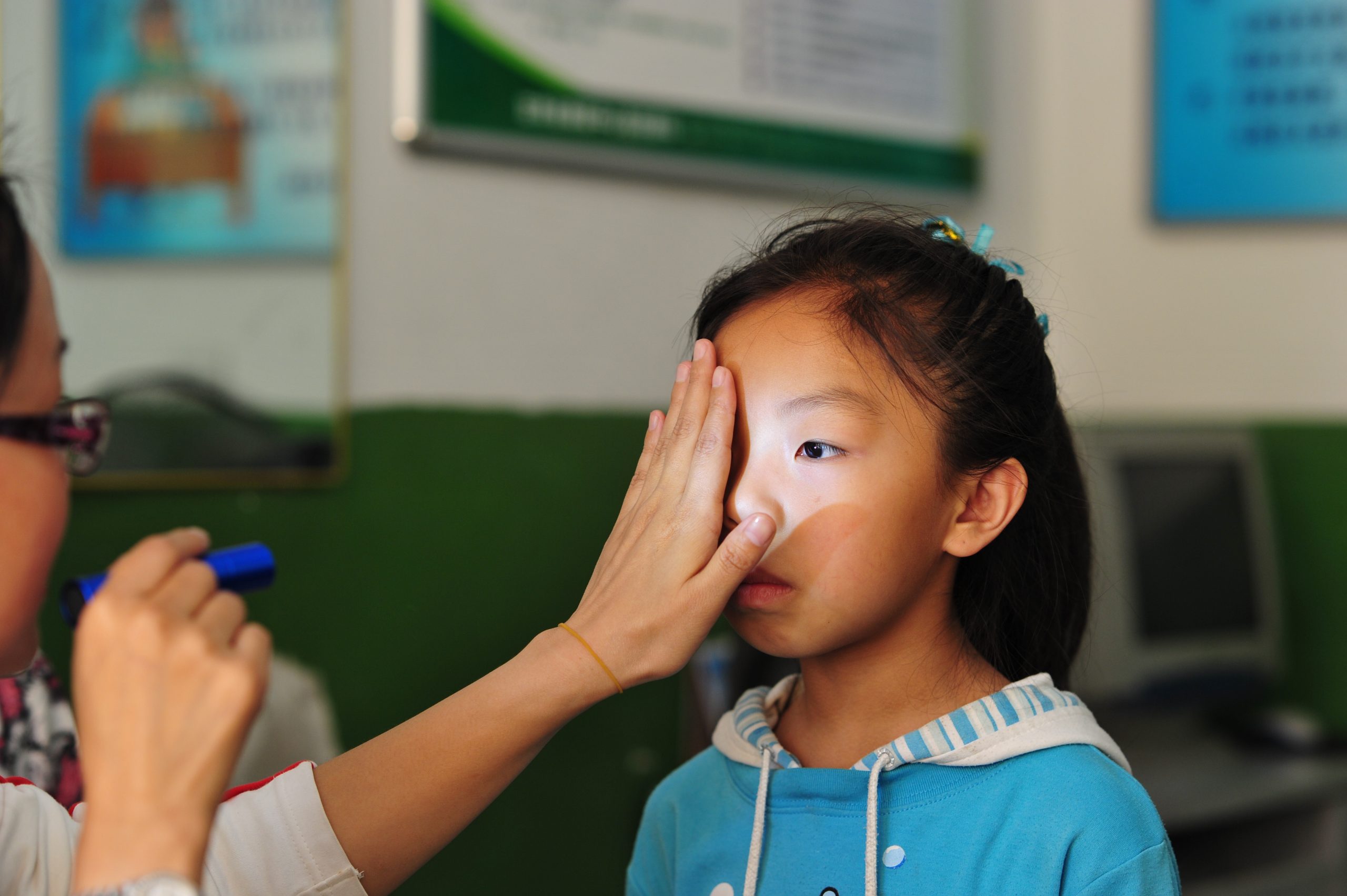Do spectacles boost child mental health?
 Researchers have launched an investigation into the impact of providing spectacles on depression and anxiety in children.
Researchers have launched an investigation into the impact of providing spectacles on depression and anxiety in children.
The trial was announced to mark Research Appreciation Day, 5 July. Eyecare charity Orbis will give secondary school pupils in Henan, China, free spectacles. The country has the world’s largest number of children with uncorrected refractive errors. In some areas, half of secondary school children require spectacles.
In 2022, Orbis published a study showing that young people with poor vision are more likely to suffer with depression, anxiety, low self-esteem and a reduced quality of life. Those with conditions such as uncorrected refractive error and strabismus take part in fewer physical activities, have lower academic achievement and are more socially isolated than their peers.
Professor Nathan Congdon, director of research, said he believed the new study “can create a strong incentive for governments across the world to invest in vision screening and glasses for all children. What holds us back at this point is the lack of high-quality data, and it makes me proud and excited to know that Orbis is uniquely positioned to fill this crucial evidence gap, which can unlock life-changing investments from governments”.
The randomised controlled trial is designed to test whether the known association between poor vision and mental health disorders in children is causal. It will compare the mental health status of children randomised to receive spectacles immediately to those who will have prescriptions only. The second group will be dispensed spectacles at the end of the study, two years later.
The research will also examine whether free spectacles can help boost the proportion of rural Chinese children attending high school, currently less than half in many areas.
Worldwide, an estimated 1.4 million under the age of 14 are blind and 68.7 million children are living with visual impairment. Uncorrected refractive error is the leading cause of vision impairment in young people.